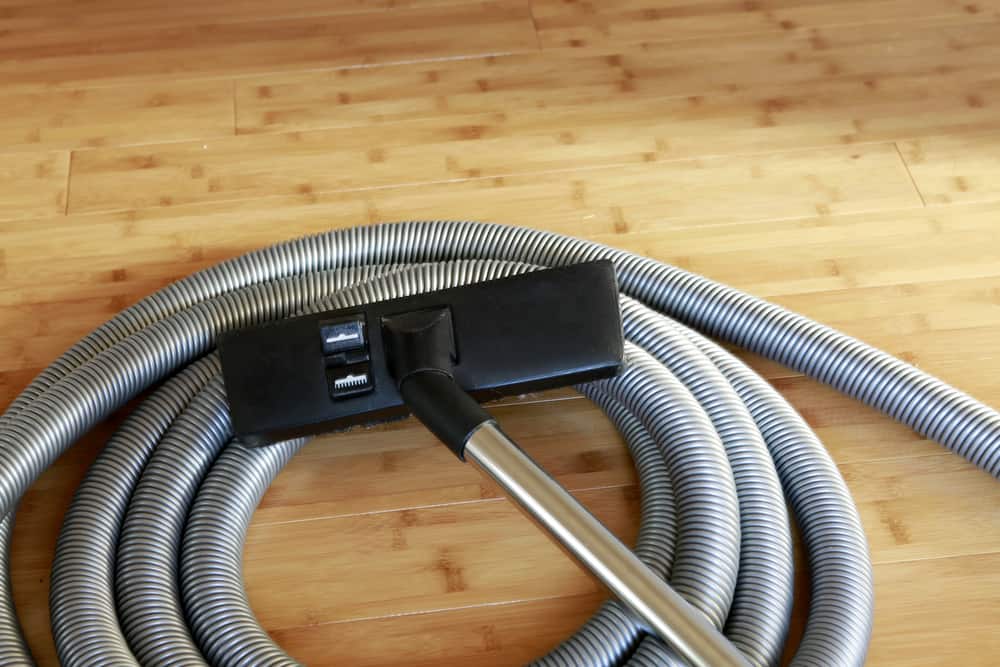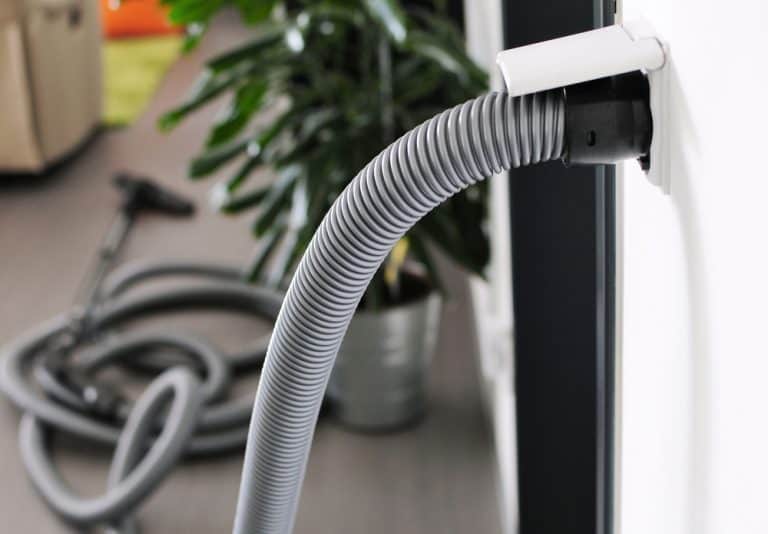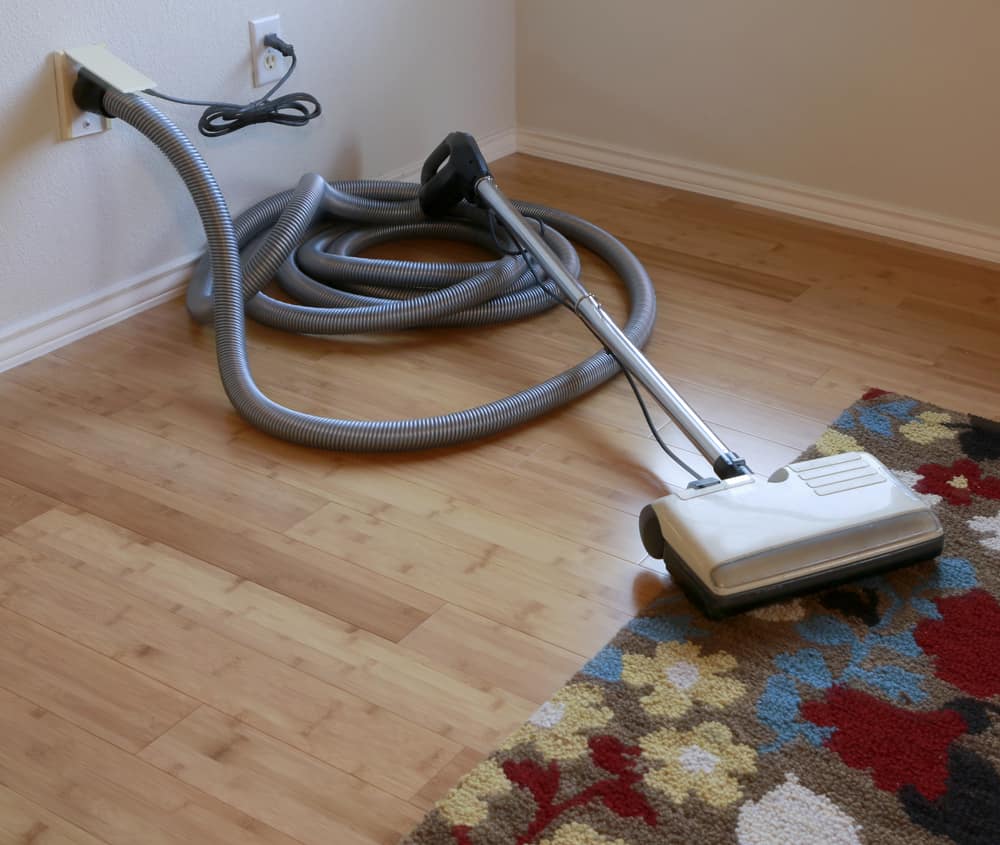Central Vacuum Repair in Levittown, NY
Duravac is the leading central vacuum repair company in Levittown, NY, specializing in all types of issues. With our expertise and dedication, we’ll ensure your central vacuum is restored in no time.











Looking for a reliable central vacuum repair specialist in Nassau County? You’ve come to the right place! With more than 50 years of experience and a commitment to excellence, at Duravac, we take pride in restoring central vacuum systems quickly and affordably. Don’t let central vacuum issues disrupt your daily routine. Contact us today at 516-822-3060 for reliable central vacuum repair services in Levittown, NY, and let us keep your home clean and healthy. Reach out now for swift and professional assistance!
Duravac uses high-quality replacement parts to ensure the longevity of your central vacuum system after repairs.
Our goal is to exceed your expectations. We take pride in our customer-focused approach and strive for your complete satisfaction.
We offer competitive rates for our top-notch central vacuum repair services in Levittown, NY.

At Duravac, we understand that your central vacuum system plays a crucial role in maintaining a clean and healthy living environment. However, like any other appliance, central vacuums can encounter issues over time. If you’re located in Levittown, NY, and are experiencing problems with your central vacuum system, our expert team is here to help. Below, we’ve outlined the top signs you should contact our central vacuum repair service in Nassau County.
One of the most common issues homeowners in Levittown, NY face with their central vacuum systems is a sudden loss of suction power. If you notice a significant drop in performance, it may be due to a clogged filter, blocked pipes, or a malfunctioning motor. The experts at Duravac will diagnose and resolve this issue promptly.
Unusual noises, such as grinding, rattling, or high-pitched sounds, can be indicators of underlying problems with your central vacuum system. Ignoring these sounds can lead to further damage. Our team at Duravac is equipped to identify and correct the source of those unusual noises.
If you find yourself frequently dealing with clogs in your central vacuum system, it’s time to seek professional help. Clogs can result from various factors, including debris accumulation and blockages within the tubing. Our experts in vNassau County can efficiently clear clogs and prevent future occurrences.
Inconsistency in suction strength while using your central vacuum system can be frustrating. Whether certain outlets have weak suction or no suction at all, this issue needs immediate attention. Duravac can diagnose and address the problem, ensuring uniform suction throughout your Levittown, NY home.
A burning odor or smoke emitting from your central vacuum unit is a serious concern. This could be a sign of a motor malfunction or electrical issue. It’s crucial to turn off the system immediately and contact Duravac for a safe and efficient repair service in Levittown, NY.
If your central vacuum system suddenly loses power or fails to start altogether, it can disrupt your cleaning routine. This issue may be related to the power source or the unit itself. Let our skilled technicians at Duravac address this problem and restore your central vacuum system’s functionality.

When your central vacuum system shows signs of trouble in Levittown, NY, Duravac is your dependable solution. Our expert technicians are ready to diagnose, repair, and restore your central vacuum’s performance, ensuring a cleaner and healthier home environment. Don’t wait for problems to escalate; take action now! Contact us at 516-822-3060 to schedule an appointment. Trust us to bring life back to your central vacuum system.
The building firm, Levitt & Sons, headed by Abraham Levitt and his two sons, William and Alfred, built four planned communities called “Levittown”, in New York, Pennsylvania, New Jersey, and Puerto Rico; the Levittown in New York was the first. Additionally, Levitt & Sons’ designs are featured prominently in the older portion of Buffalo Grove, Illinois; Vernon Hills, Illinois; Willingboro Township, New Jersey; the Belair section of Bowie, Maryland; and the Greenbriar section of Fairfax, Virginia.
The Levitt firm began before World War II, as a builder of custom homes in upper middle-class communities on Long Island. During the war, however, the home building industry languished under a general embargo on private use of scarce raw materials. William “Bill” Levitt served in the Navy in the Seabees – the service’s construction battalions – and developed expertise in the mass-produced building of military housing using uniform and interchangeable parts. He was insistent that a postwar building boom would require similar mass-produced housing, and was able to purchase options on large swaths of onion and potato fields in undeveloped sections of Long Island.
Returning to the firm after war’s end, Bill Levitt persuaded his father and brother to embrace the utilitarian system of construction he had learned in the Navy. With his brother, Alfred, who was an architect, he designed a small one-floor house with an unfinished “expansion attic” that could be rapidly constructed and as rapidly rented to returning GIs and their young families. Levitt & Sons built the community with an eye towards speed, efficiency, and cost-effective construction; these methods led to a production rate of 30 houses a day by July 1948.They used pre-cut lumber and nails shipped from their own factories in Blue Lake, California, and built on concrete slabs, as they had done in a previous planned community in Norfolk, Virginia. This necessitated negotiating a change in the building code, which prior to the building of this community, did not permit concrete slabs. Given the urgent need for housing in the region, the town agreed. Levitt & Sons also controversially utilized non-union contractors in the project, a move which provoked picket lines. On the other hand, they paid their workers very well and offered all kinds of incentives that allowed them to earn extra money, so that they often could earn twice as much a week as elsewhere. The company also cut out middlemen and purchased many items, including lumber and televisions, directly from manufacturers. The building of every house was reduced to 26 steps, with sub-contractors responsible for each step. His mass production of thousands of houses at virtually the same time allowed Levitt to sell them, with kitchens fully stocked with modern appliances, and a television in the living room, for as little as $8,000 each (equal to $92,721 today), which, with the G.I. Bill and federal housing subsidies, reduced the up-front cost of a house to many buyers to around $400 (equal to $4,636 today).
Learn more about Levittown.